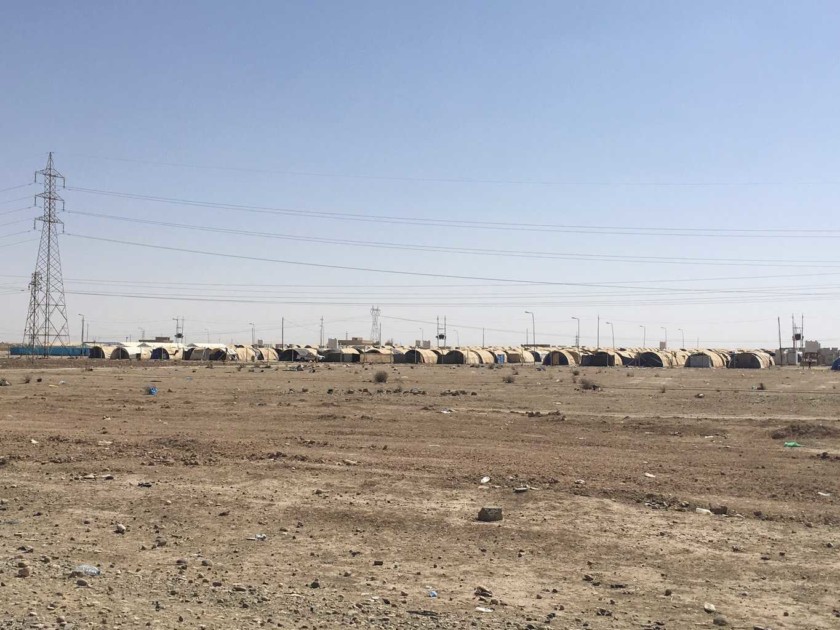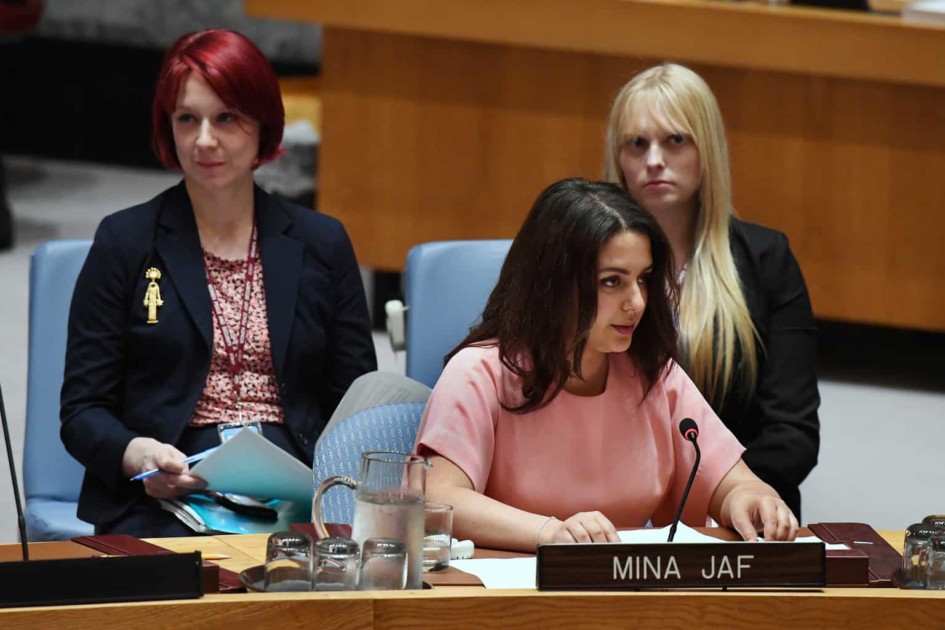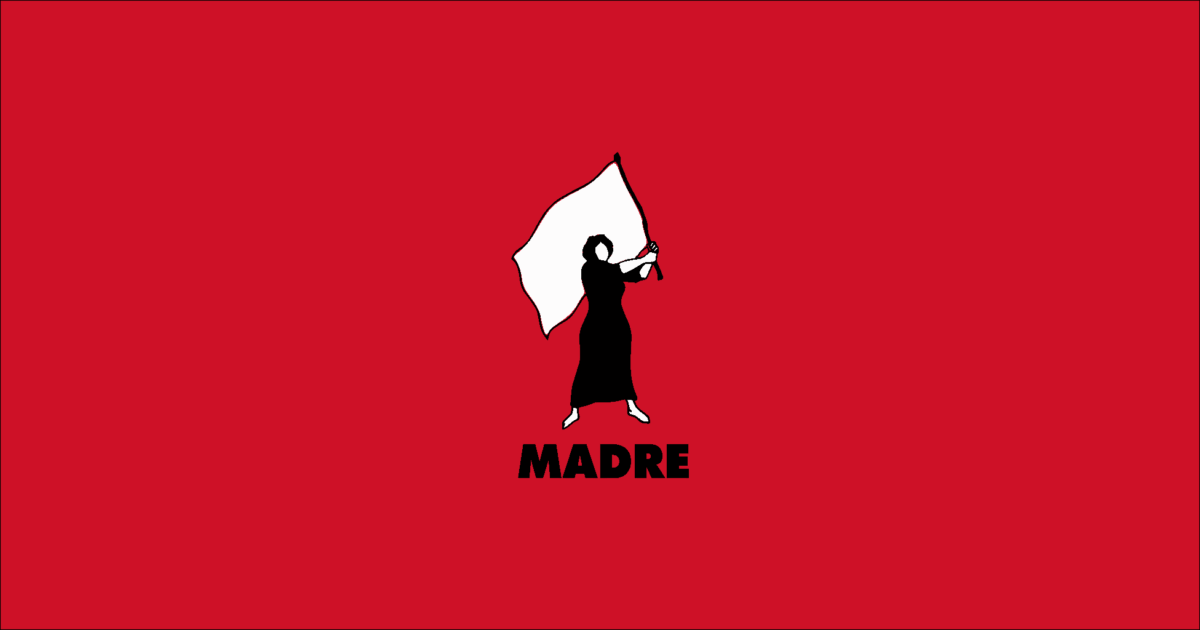Iraq
Iraq
Women are crucial allies to the efforts to eliminate extremism in Iraq. The Islamic State of Iraq and the Levant (ISIL) has contributed to a political landscape in Iraq historically characterized by sectarianism, ineffective judicial systems, high levels of government corruption, and high rates of violence against women, including sexual and gender-based violence. ISIL continues to use sexual and gender-based violence and rape as weapons of war— and targets women, particularly Yazidi women and other non-Shiite minorities, for sexual slavery among fighters.
Iraq acceded to the Convention on the Elimination of all Forms of Discrimination against Women (CEDAW) in 1986, launched the National Strategy on Combating Violence against Women in 2013, and launched its National Action Plan pursuant to Resolution 1325 in 2014. Iraq’s National Action Plan was the first launched in the Middle East. The Ministry of Women’s Affairs in Iraq has also developed a National Strategy for the Advancement of Iraqi Women, but due to the political climate it hasn’t been effectively implemented; similarly, laws banning forced and early marriages are rarely enforced.
Based on the work of NGOWG members and their partners, the NGOWG advocates for the Government of Iraq to clarify their shelter policies, in order to allow and support Iraqi NGOs in their efforts to operate shelters and provide much needed services to survivors of SGBV. Further, the NGOWG urges the Security Council to ensure that the United Nations Assistance Mission for Iraq (UNAMI) is regularly engaging with women’s organizations, and will continue to take concrete steps to support women’s participation in all peace and security processes.
Current and Past Recommendations to the UN Security Council (Monthly Action Points)
In its discussion of the situation in Iraq and the most recent report on the UN Assistance Mission in Iraq (UNAMI), the Council should consider the extent to which the mission is mainstreaming gender as a cross-cutting issue (S/RES/2479 (2019), OP 2(e)), and inquire about progress in the key areas of discussion from previous IEG meetings (S/2018/475). There should be follow-up on progress in ensuring women are fully and substantively participating in all decision-making. It is imperative that the new NAP on 1325 (2000) is developed through an inclusive, consultative process and has appropriate budgetary support for implementation and accountability. Gender is a key driver of conflict in Iraq, and with an insurgent ISIS, all donors must lend political capital to support Iraqi civil society in holding Iraqi duty bearers and power holders to account on gender justice. The Council should inquire as to progress in establishing a fair and transparent judicial process that addresses SGBV and allows for witnesses and victims to participate in transitional justice reform, as well as provide reparations and reintegration assistance for victims of SGBV. The Council should also express its support for community hearings that are designed to raise the visibility of human rights violations committed by ISIS and enable methods of ensuring accountability. The Council should urge the Government to pass the draft Family Violence Protection law, which clarifies that NGOs may provide shelter for vulnerable groups, including women fleeing SGBV. The Government should also issue a directive that allows NGOs to continue to provide such shelter while the draft law is pending before the Iraqi Parliament. Further, the Council should urge the Government to swiftly amend articles 41, 128, 377, 380, 398, 409 and 427 of the Criminal Code (CEDAW). Finally, an estimated 6.7 million people remain in need of humanitarian assistance, including approximately 1.8 million internally displaced persons (IDPs). Durable solutions for displaced Iraqis must recognize their rights and agency, and consult with them in the design and implementation of services, ensuring access to justice. The Government must de-link security clearance procedures from civil documentation, which represents an obstacle to freedom of movement that negatively impacts access to rights and services as well as international humanitarian assistance.
Relevant Resources









